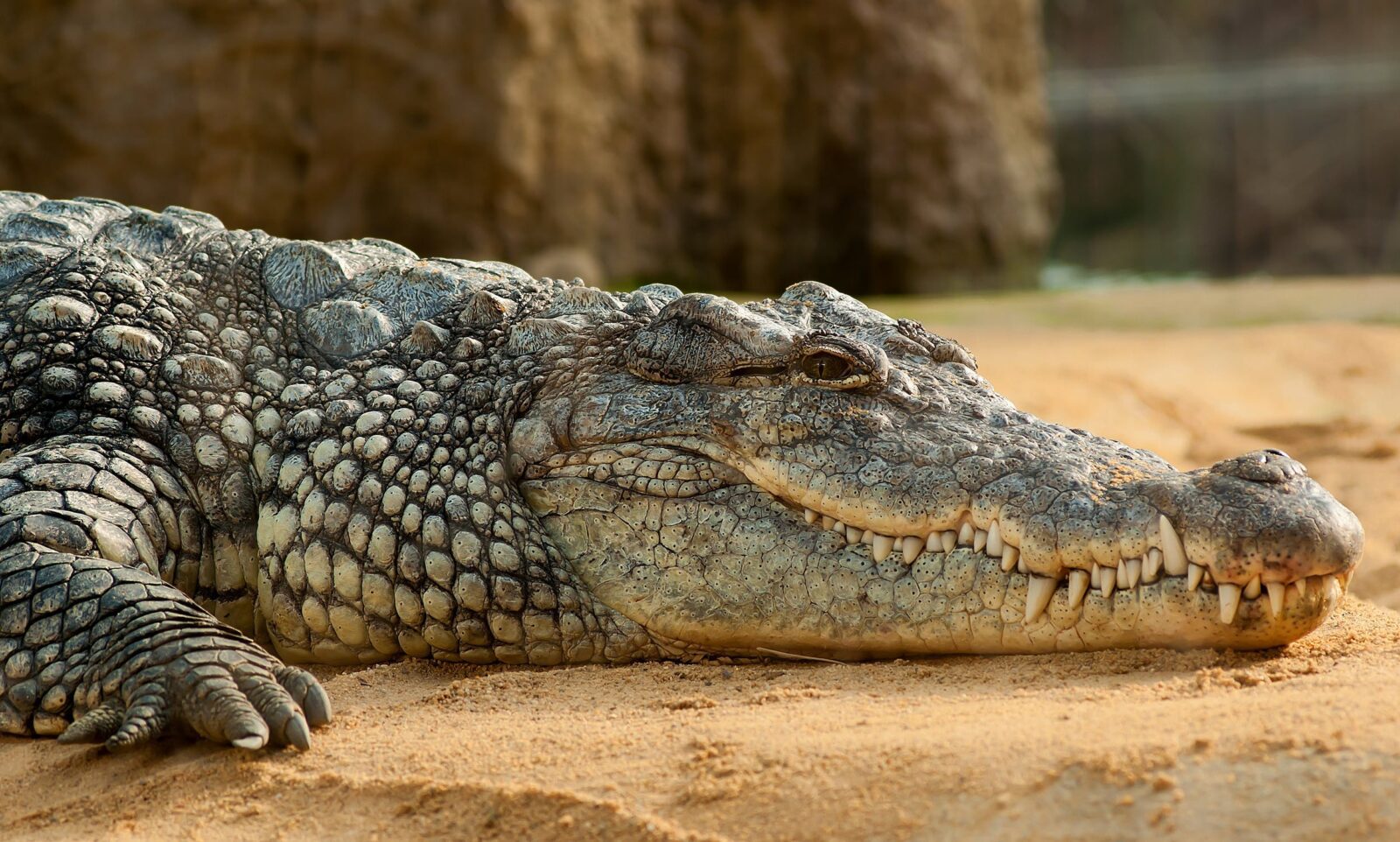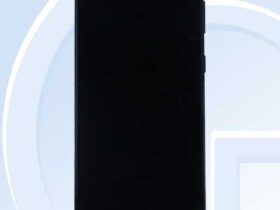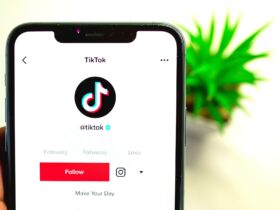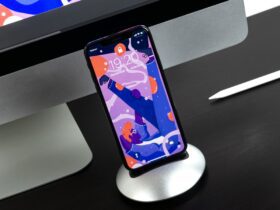Dinosaurs have been confined to the far past and big screens; however, some of the species who coexisted alongside them are still alive and well. Crocodiles haven’t evolved much throughout the millennia because they’re so adept at what they are doing. They’re so excellent, in fact, that 93 million years ago, dinosaurs were also on the menu. We know this because of a first-of-its-kind fossil croc find. Years of scans and reconstruction of the rock-encased sample have shown that the croc’s stomach still contains a dinosaur.
The fossil was found in 2010 as part of a collaboration between the Australian Age of Dinosaurs Museum as well as the University of New England. It is an example of the extinct Confractosuchus sauroktonos. These institutes cooperated on a new research published in the journal Gondwana Research that details the discovery. In 2015, a technology dubbed Dingo, Australia’s sole neutron imaging tool was used to scan the fossil for the first time. The scan showed bird-like bones, which experts thought were dinosaur bones, while the crocodile was encased within a stone coffin. Researchers painstakingly chiseled away at the surrounding granite over the following several years to avoid upsetting the delicate remnants.
It had, in fact, devoured a tiny dinosaur before dying, according to the findings.
The remnants no longer resemble a crocodile – fossil findings seldom comprise whole animals, and remains from other creatures may occasionally be combined together. After determining that the bones belonged to a tiny dinosaur, the researchers wanted to make sure it was devoured by the crocodile before it died. That proof came from the rock’s chemistry. They took into account plant material and geological characteristics found in rock pieces to get to the conclusion that the animal chomped its dino meal right before a megaflood drowned and killed it.
The specimen is presently on exhibit in Winton, Queensland’s Australian Age of Dinosaurs Museum.













Leave a Reply